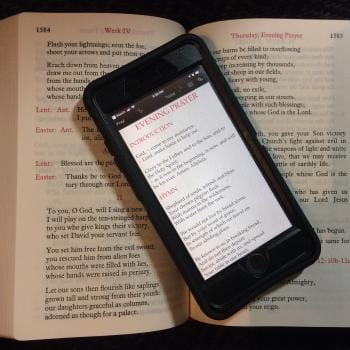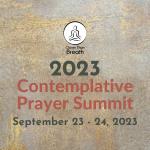 The widespread and growing and always increasingly adamant denial of God and the repudiation of the spiritual dimension can be difficult to comprehend. This denial is always expressed with total conviction, no agnosticism, or questioning generally admitted.
The widespread and growing and always increasingly adamant denial of God and the repudiation of the spiritual dimension can be difficult to comprehend. This denial is always expressed with total conviction, no agnosticism, or questioning generally admitted.
It has long seemed to me that the inability to sense the sacred is a disability. The sense of the sacred is inherent in a human being. If this sense is lacking, it is no different from being without the ability to see, or hear, or smell. It is a disability like every other.
David Bentley Hart is a remarkable writer, scholar, and theologian, and in his book The Experience of God: Being, Consciousness, Bliss, he looks carefully at the sources of this growing handicap, and I am going to quote from it at length. First, his view of materialism as a “religion of consolation”:
“Materialism is a conviction based not upon evidence or logic but upon what Carl Sagan (speaking of another kind of faith) called a “deep-seated need to believe.” Considered purely as a rational philosophy, it has little to recommend it; but as an emotional sedative, what Czeslaw Milosz liked to call the opiate of unbelief, it offers a refuge from so many elaborate perplexities, so many arduous spiritual exertions, so many trying intellectual and moral problems, so many exhausting expressions of hope or fear, charity or remorse. In this sense, it should be classified as one of those religions of consolation whose purpose is not to engage the mind or will with the mysteries of being but merely to provide a palliative for existential grievances and private disappointments. Popular atheism is not a philosophy but a therapy.”
And closely associated is the mechanistic view that description is explanation, a view so pervasive we hardly notice it:
“One of the deep prejudices that the age of mechanism instilled in our culture, and that infects our religious and materialist fundamentalisms alike, is a version of the so-called genetic fallacy: to wit, the mistake of thinking that to have described a thing’s material history or physical origins is to have explained that thing exhaustively. We tend to presume that if one can discover the temporally prior physical causes of some object—the world, an organism, a behavior, a religion, a mental event, an experience, or anything else—one has thereby eliminated all other possible causal explanations of that object. But this is a principle that is true only if materialism is true, and materialism is true only if this principle is true, and logical circles should not set the rules for our thinking.”
And finally, his comment on the consequences of taking one path or another:
“Those who have entirely lost the ability to see the transcendent reality that shows itself in all things, and who refuse to seek it out or even to believe the search a meaningful one, have confined themselves for now within an illusory world, and wander in a labyrinth of dreams. Those others, however, who are still able to see the truth that shines in and through and beyond the world of ordinary experience, and who know that nature is in its every aspect the gift of the supernatural, and who understand that God is that absolute reality in whom, in every moment, they live and move and have their being—they are awake.”
Image/ Mall of America
















